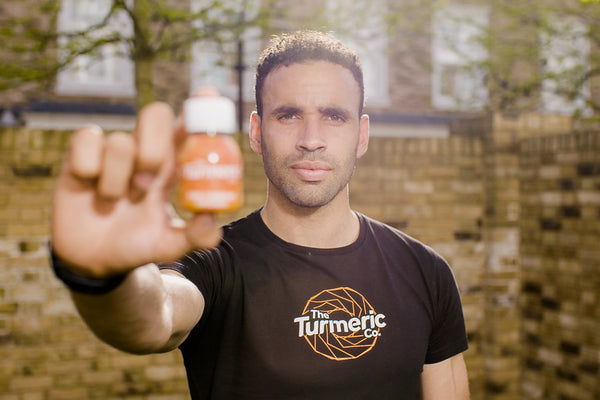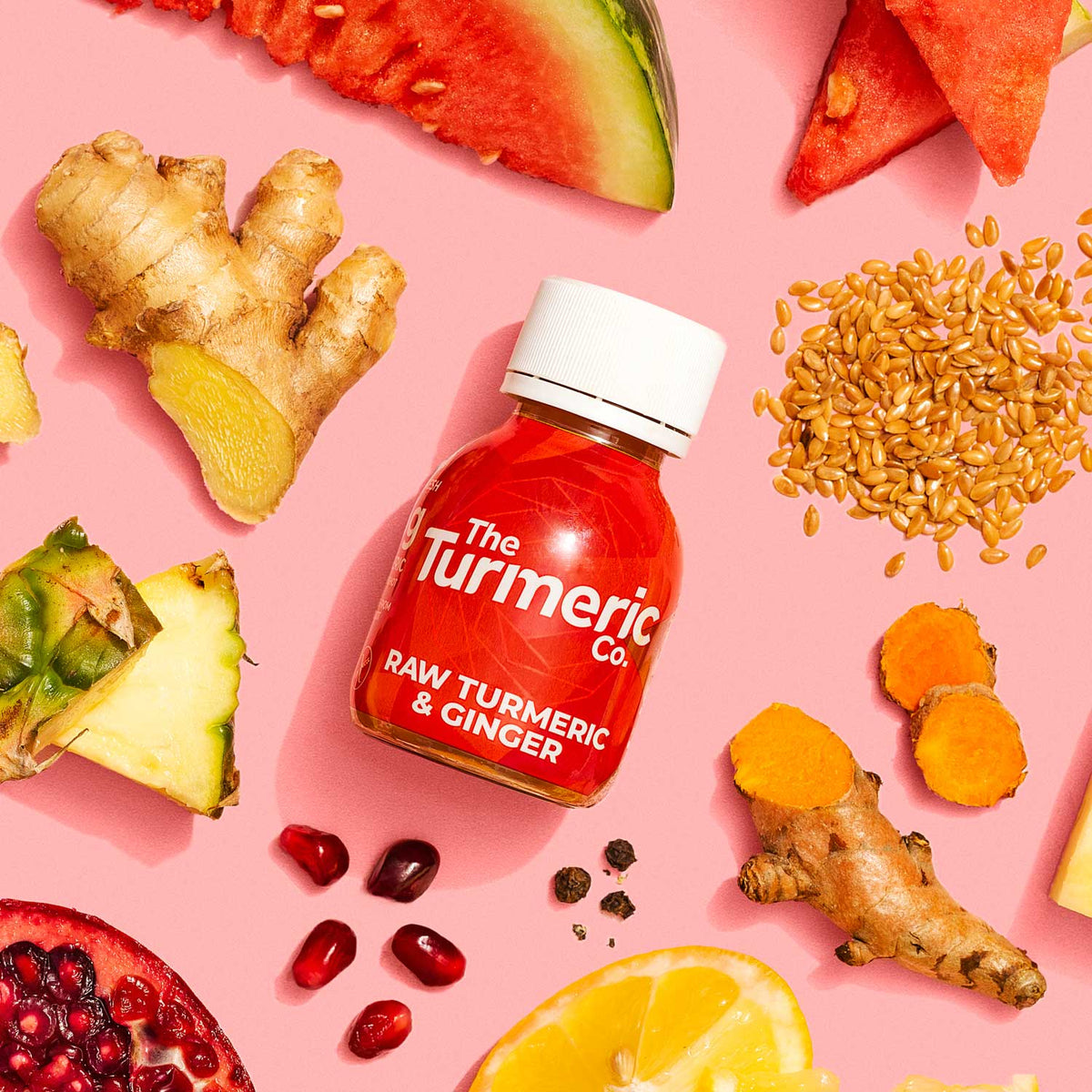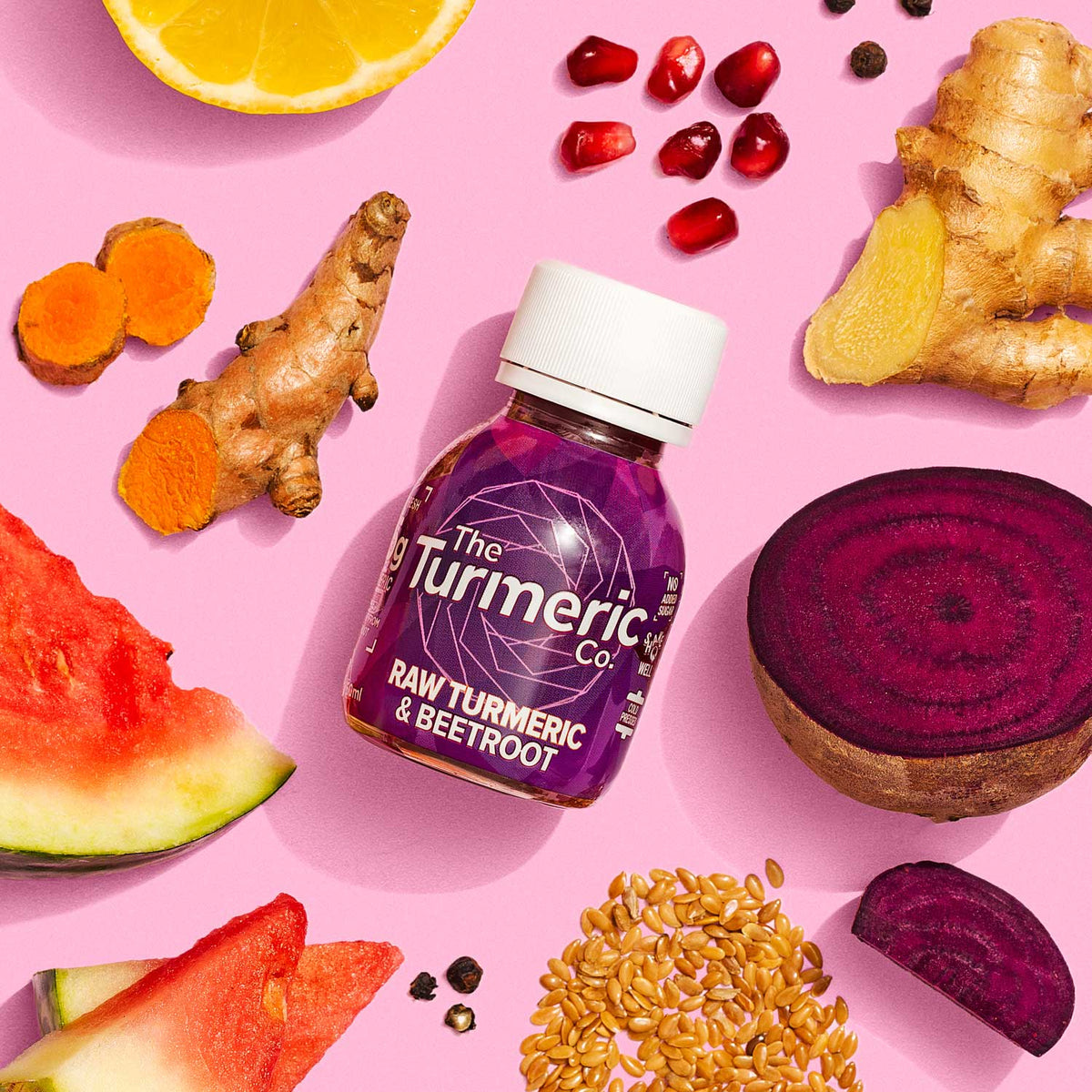Fun fact: your body is a machine. And like all machines, it needs the right kind of fuel to run at its best.
Functional nutrition is all about giving your body the nutrients it needs to function optimally.
Think of it as preventive maintenance for your body – a way to make sure that you're getting all the essential vitamins, minerals and antioxidants to keep everything running smoothly.
Believe us, using functional nutrition to inform your diet is worth a try! Not only will you feel better overall, but you'll also be less likely to get sick.
In this blog, think of us as your 'functional nutrition coach' - we'll guide you through functional nutrition practices and the benefits that this approach offers. We'll even recommend some functional foods that could just change your life!
What is functional nutrition?
What you need to eat every day varies from person to person – especially during different phases of life.
Functional nutrition is all about taking a rounded approach to choosing what you eat, considering aspects such as your own lifestyle, levels of activity, exposure to toxins, and health status. By doing so, you're able to consider how every part of the body is connected, and look at the ‘bigger picture’ when it comes to wellness by eating foods that offer benefits beyond their basic nutritional value.
The term ‘functional foods’ is given to foods that are enriched with particular nutrients that may positively influence your wellness. These foods aren’t hard to find - they are often consumed as part of everyday diets without us even knowing. We’re talking yoghurts, juices and even some breads (but we'll dive into that later!)

Essentially, functional nutrition can be labelled as a ‘customised’ framework for holistic health, taking your unique conditions into consideration to encourage normal bodily functions and healing.
Apart from providing essential nutrients, functional nutrition may also help to improve the body’s physiological responses, playing an essential part in reducing the risk of health issues.
How is functional nutrition different to standard nutrition?
The standardised approach to nutrition focuses on whether that particular food or food group is ‘bad’ or ‘good’ for you. Whilst functional nutrition also considers these factors, this framework takes more of a holistic approach to understand how the individual exists in terms of diet and lifestyle (such as your relationships and stress levels – which all have an impact on how food is digested by the body!)
For example, a functional approach to combating irritable bowel syndrome (IBS) may consider how your immune system reacts to certain foods, or could even involve testing for vitamin deficiencies as opposed to opting straight for a generalised low-FODMAP meal plan.

Unlike standard approaches to nutrition, the functional nutrition framework also addresses imbalances in the body by suggesting foods that deliver enhanced benefits over their basic nutritional value.
For example, when it comes to gut issues, foods that contain probiotics or prebiotics may be recommended. Or for those with high cholesterol, foods such as legumes, seeds and nuts may be of interest - they contain plant sterols that reduce the amount of cholesterol that is able to enter the body!
How can I follow a functional nutrition plan?
Taking a more holistic approach to your diet is easier than it sounds. The four main principles of following a functional nutrition plan include:
1. Focusing on essential nutrients
You are what you eat, so make sure you’re choosing to eat functional foods that work for you, not what is popular on Instagram! Make sure that you are nourishing your body with a range of nutrients – think vitamins, minerals, probiotics and complex carbohydrates.
2. Being mindful about toxic farming
Things aren’t always as they seem. Due to increased toxic growing conditions, farmed foods may expose your body to harmful pesticides. Unfortunately, many animal products and crops are laced with these toxins, which can have disastrous effects on your digestive system. Make sure that you buy your food from trustworthy sources to ensure you know exactly what you're eating!
3. Opting for quality foods
Just like a high-quality mattress aids a high-quality nights sleep, the components within your diet will aid how well your body operates. If you fill up on ultra-processed junk foods, you may miss out on essential nutrients which will compromise your wellness.
4. Thinking about your gut!
Did you know that over 80% of your immune system is located in your gut? Prioritising gut health is essential to keep issues like infections and auto-immune diseases at bay.
Make sure to eat fermented foods such as miso, kimchi and yoghurt as these foods will contribute to the growth of beneficial bacteria in your gut, keeping everything in check!

What are functional foods?
Functional foods are your building blocks to taking a functional approach to health and nutrition. They tend to be split into two groups: conventional foods and modified foods.
Conventional foods are whole foods that tend to be in their natural form. Rich in antioxidants, vitamins and minerals, they are great sources of essential nutrients. Examples include:
Fruits: pineapple, watermelon, bananas, berries
Vegetables: aubergine, broccoli, kale, carrots
Nuts and seeds: chia seeds, pistachio nuts, almonds, walnuts
Fermented foods: kombucha, kefir, tempeh
Herbs and spices: turmeric, ginger, cayenne pepper
On the other hand, modified foods are ‘enhanced’ with further nutrients, such as fibre or probiotics, to increase the health benefits offered. These could look like:
- Fresh juices with added vitamins
- Fortified cereals
- Plant-based milk alternatives
- Snack bars
The list of conventional functional foods is endless, which makes it easy to steer clear of processed foods! Whether you’re looking to make a functional nutrition breakfast shake out of berries and bananas, or opting for a creamy turmeric latte, this framework is completely tailored to you.

Function nutrition is a relatively new term, but it’s understandable why the concept is gaining popularity in the health and fitness industry. Certain nutrients are necessary for energy production, brain function, or joint health - when you eat foods that contain these essential nutrients, you are supporting optimal function in all areas of your life!
Why not tailor your diet specifically to your own needs and achieve your health goals? Seems like a bit of a no brainer to us…

The Hal Robson-Kanu Guide To Fitness & Nutrition
Gain exclusive insight into habits that will make every day a healthy and fulfilling one.











